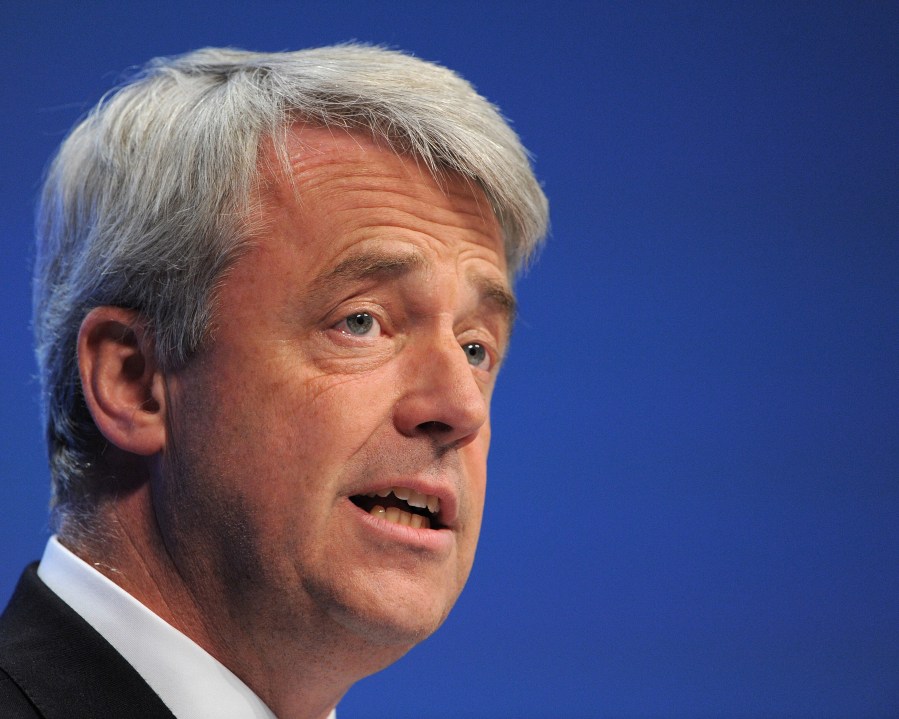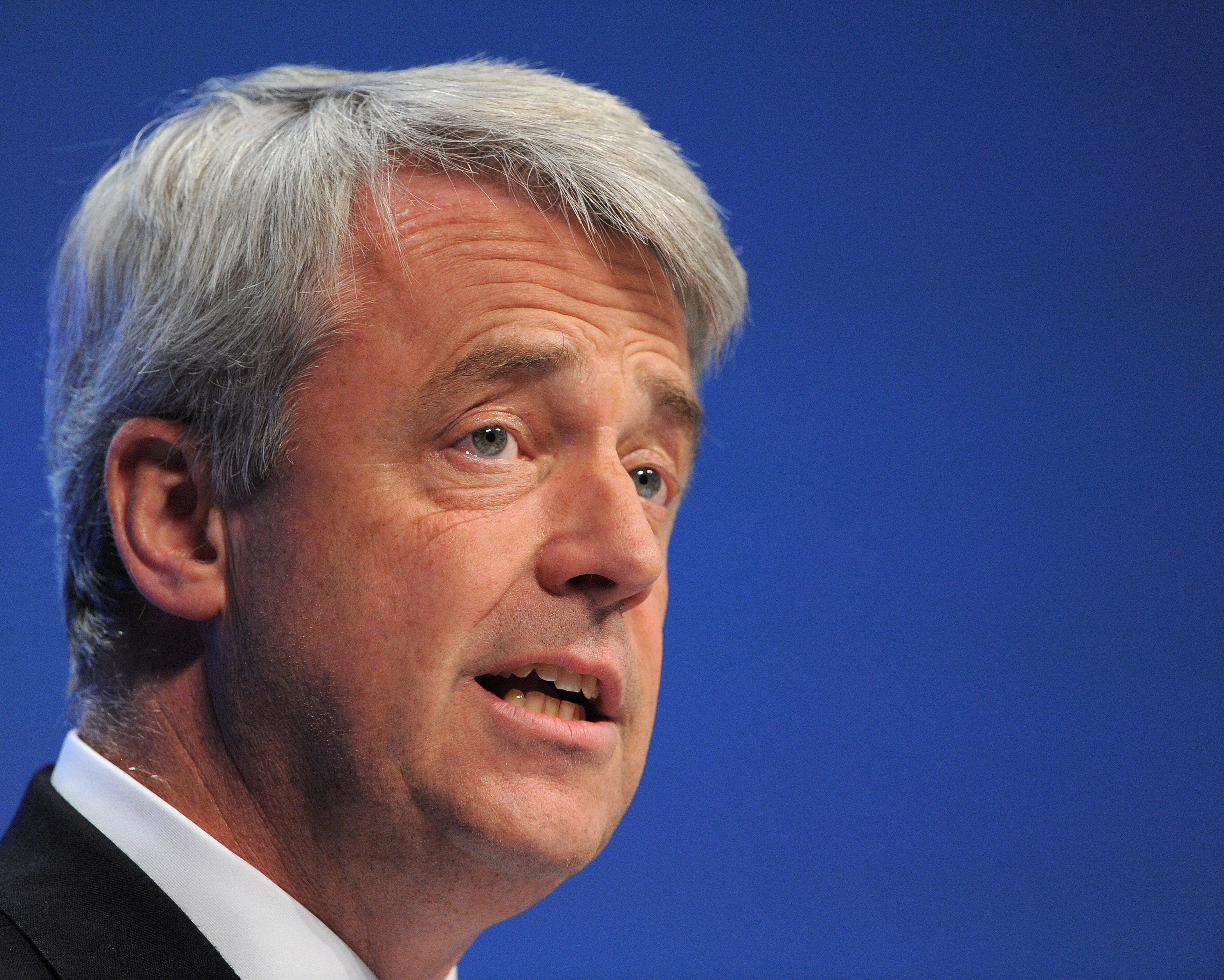At two thirty this afternoon, the Deputy Speaker announced to the House of Commons that the Queen had granted Royal Assent to the Health and Social Care Act. It seemed fitting that the House was debating assisted suicide at the time. The agonies of watching this cursed legislation twitch and stumble its way onto the statute book were enough to make anyone with half a concern for well-ordered public policy start Googling the names of Swiss exit clinics. Albeit there would have been the risk that Number 10 had already paid for Andrew Lansley’s ticket to join you there.
Suddenly, though, the politics of health are very different. Mr Lansley, for all the opprobrium he has borne, has his Parliamentary mandate. He has won. Labour, and all the other critics who made it such an overriding objective to stop the Bill, have lost. It will be fascinating to see how these forces now deal with the changed circumstances.
Andy Burnham, the shadow health secretary, was already sounding a tactical retreat even before the Bill had cleared the Commons. The NHS will somehow find a way to work through these reforms, he told the House during the final debates last week. It will not disintegrate overnight. Quite: though that hasn’t exactly been the message of the last few hyperbolic weeks. Mr Burnham, we can be sure, will have worked out a trajectory for the disintegration of the health service over the coming months and years. It will be a question of steady decline, illustrated periodically by the release of grim waiting time statistics or news of a patient expiring on a trolley, suddenly lurching into armageddon-round-the-corner approximately a month or so before every polling day. By the time we arrive at the next general election there will, once again, be only X days to save the NHS. As professional thorn-in-Labour’s-side Dan Hodges wrote recently in his Telegraph blog, having assured us that the NHS will be destroyed by Andrew Lansley’s Bill, and having had that allegation exposed as the hocum it always was, Labour’s claim to be the health service’s Flash Gordon is bound in future to meet with a certain degree of scepticism.
Mr Hodges is not the only Labour figure to have come out wondering where it leaves the Party now that its mission to stop the Bill has failed. Peter Watt, a former Labour Party General Secretary, made almost exactly the same argument. These figures are much closer to the Labour Party than I am, but I would hazard a guess that their thoughtful critiques will neither bother nor influence Mr Burnham in the slightest. He is not in the business of trying to put forward constructive alternatives to the Government’s reforms. If anything, he appears to be opening up a second front of opportunism, by starting to attack the Government’s £20 billion NHS efficiency programme. The politics of doing this are easy enough to understand, but it is a shameless gamble by the shadow Health Secretary nonetheless. After all, he was the Secretary of State when the £20 billion savings target was first established as official NHS policy.
Burnham’s bet is based upon the proposition that the NHS is, and always has been, a fundamental weakness for the Conservatives. Any steps made by David Cameron to ‘detoxify’ their image in this department have been ruined beyond rescue by the shambles of the Bill. The only tactic left to the Tories is to make the issue go away. For this reason Mr Burnham will attempt any and every approach — including outright opposition to policies for which he was previously responsible — to try to ensure that it doesn’t.
I will hazard two further guesses, one with complete certainty, the other with as near 100 per cent conviction as makes no difference. The first is that at the next election, Labour will enjoy a substantial — probably double-digit — lead over the Conservatives as the party most trusted with the NHS. The other is that this will make not one jot of difference to the outcome. Notice how, throughout the last excruciating year of debate about the health reforms, Conservative support in the opinion polls has held up; yet along comes a sleaze scandal and some grumbles about a granny tax and it collapses inside a week.
There never has been a general election in this country decided upon the subject of the National Health Service, which is odd given that it is supposed to be our national religion. For all that the battle over Lansley’s Bill has been conducted with extraordinary and unprecedented venom, I haven’t seen anything in it that makes me think that the impact on the next election will be any different. Those doctors strutting around with their promises to put up against coalition party candidates who supported the reforms should stick to doctoring — because they don’t understand politics.
Where then does this all leave Mr Lansley? His reputation as a politician has been destroyed by the debacle, but it was never that great to start with. He is now stronger, though, for having got his Bill through, albeit much mangled, and he can at last claim a democratic legitimacy for what he wants to do (this was always more difficult for him during the Parliamentary phase because of the infamous ‘no top-down reorganisation’ pledge). He remains someone with a deep understanding of, and commitment to, the NHS. And though he faces many enemies within the NHS, they too are weakened by the consequences of their own failure to stop the reforms, and the ludicrously exaggerated arguments they have deployed against them. Take, for example, the case of Richard Horton, editor of the Lancet, who recently wrote a piece for Red Pepper, claiming that patients will be killed by Mr Lansley’s plans for more competition in the NHS. Not might be killed, or could be killed, but will be killed — a claim utterly without basis in evidence and which, although presumably acceptable when showing off to one’s left-wing friends, would never be allowed to smear the pages of Mr Horton’s own august journal. It will be interesting too to see how people who have demeaned themselves with such bilge will make their return back to respectability.
For Lansley, it may be that David Cameron considers him too much of a liability to remain as Health Secretary beyond the Autumn, and few would question that judgement. However, I wouldn’t write the Health Secretary off.
Richard Marsh is a former special adviser to two Conservative Secretaries of State for Health.







Comments